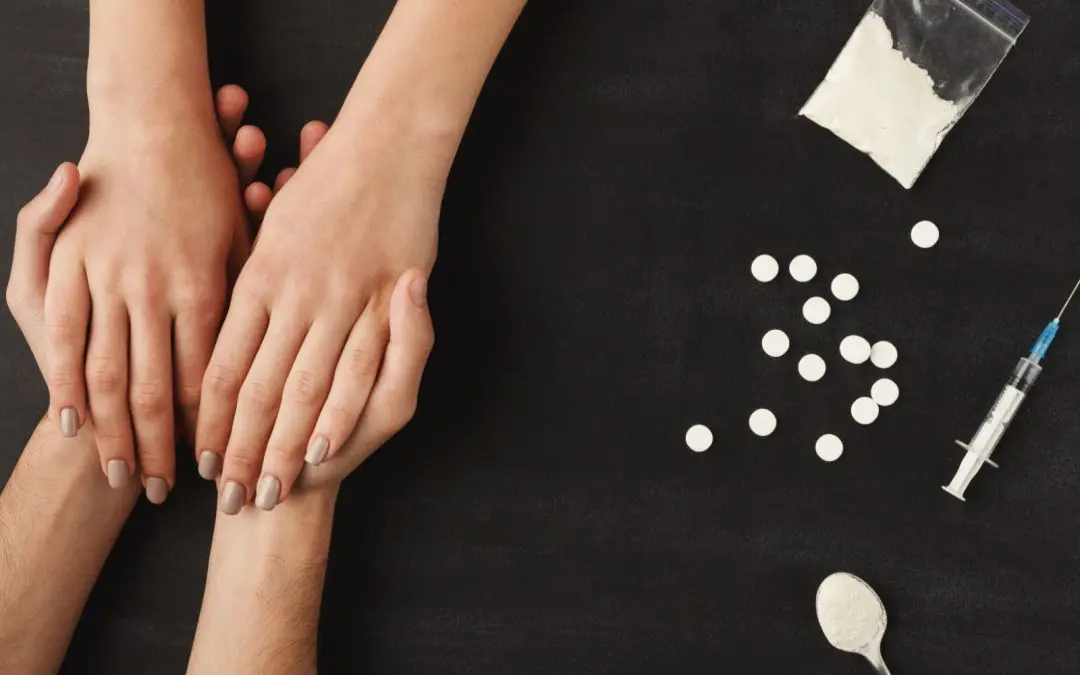24/7 Helpline:
(866) 899-221924/7 Helpline:
(866) 899-2219
Learn more about Intensive Outpatient Program centers in Hawaiian Gardens
Intensive Outpatient Program in Other Cities

Other Insurance Options

PHCS Network

Group Health Incorporated

MVP Healthcare
Beacon

Aetna

Oxford

Private insurance

BHS | Behavioral Health Systems

Sliding scale payment assistance

CareSource

UMR

Coventry Health Care

Optima

Amerigroup

Premera

Health Net

CareFirst

Ceridian

Magellan

Holman Group

Hawaiian Gardens Medical & Mental Health
Hawaiian Gardens Medical & Mental Health is a private rehab located in Hawaiian Gardens, CA. Hawaiia...











